In an effort to examine the role of ingredients, especially vitamins, in feed biosecurity, the Swine Health Information Center (SHIC) and the University of Minnesota organized a vitamin manufacturing sector-wide workshop. Representatives from pork industry organizations including National Pork Board, National Pork Producers Council, American Association of Swine Veterinarians, vitamin manufacturers and blenders, and feed industry associations joined SHIC and the University of Minnesota for the workshop in late April in St. Paul, Minnesota. Participants focused on vitamins and the processes involved prior to delivery to a producer’s farm, with special focus on African swine fever transport and transmission risk.
The workshop was convened to look at vitamins and premixes produced in areas of the world that have diseases foreign to the US that might pose a risk to US pig health if imported. One of the points of discussion of the workshop was about quality control procedures for both human and animal grade vitamins. It was pointed out that manufacturing plants are generally dedicated facilities in urban areas with third party certification programs in place.
Packaging and delivery of these vitamins in the US was explored and participants learned most are shipped in a raw state and blended in the US. Shipments are in sealed containers and in the chain’s custody for over 80 days before mixing into a feed ration. One area of concern is choline chloride which is blended with ground corn cobs and needs further investigation regarding its risk to the US herd.
The group recommended producers should know their suppliers. A Feed Ingredient Safety resource with a decision tree and feed-related questions is available on the SHIC website. Asking a few simple questions about their ingredients may help screen suppliers. These questions will identify legitimate manufacturers and blenders and help weed out the brokers or traders who do not know their sources or the procedures used to safeguard quality.
More details from the workshop and questions for further research and discovery can be found in these notes.
Funded by America’s pork producers to protect and enhance the health of the US swine herd, SHIC focuses its efforts on prevention, preparedness, and response. As a conduit of information and research, SHIC encourages sharing of its publications and research for the benefit of swine health. Forward, reprint, and quote SHIC material freely. For more information, visit https://www.swinehealth.org or contact Dr. Paul Sundberg at [email protected].
Copyright 2025 | Swinehealth.org | Website by Heartland Marketing Group